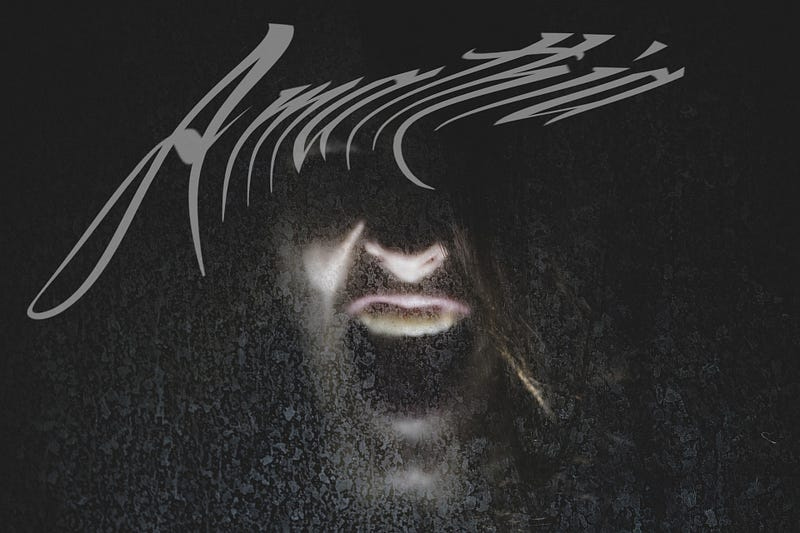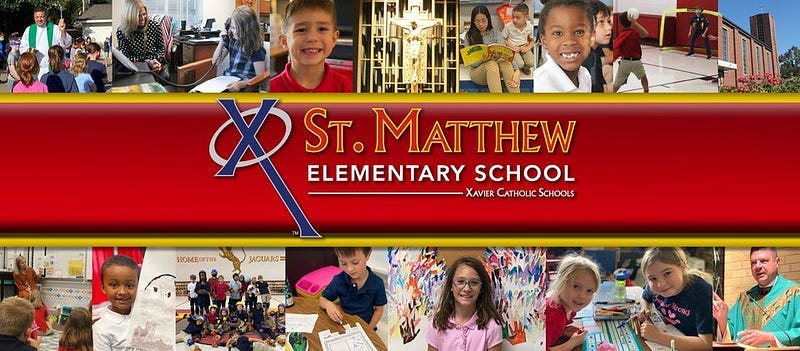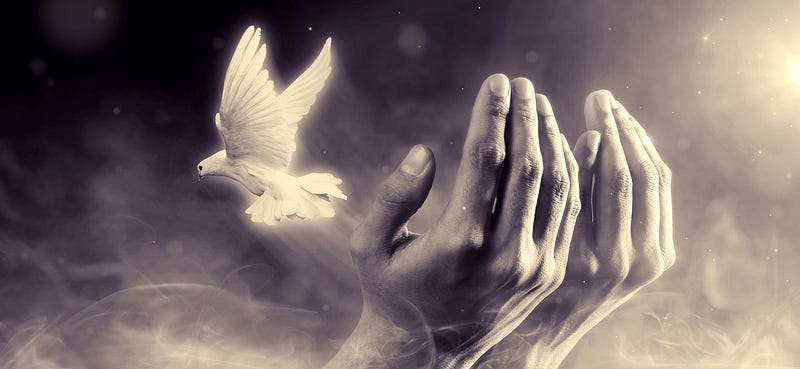How to understand willful ignorance.

The older I get (swimming in the sexagenarian end of life’s pool), the more my illusion of knowledge grows more acute. The more I think I know, the more I realize there’s so much more to learn. For example? What have I learned living in a world that teaches hate? How does hate live when we preach love? How can I turn hate into a powerful teacher to be more unconditionally loving?
With time, learning (sometimes painfully) ripens into knowledge. Mix in ample batches of first-hand experience and wha-la! Knowledge matures into wisdom. Without first-hand actual experience, knowledge remains temporal at best.
For example? I read, watched, and listened to a number of coming-out stories on my way to actually coming out. Before coming out, I could only imagine the feelings shared in coming-out stories. When I actually came out, I felt many of the same feelings that I had previously read, watched or listened to.
These powerful feelings ignited a desire to help others — to be of service. Little did I know at the time my initial coming out steps would start a life long journey on a path to be of service.
My path to being of service began with an awareness of hate in all places — church — then school!

My first phase of first-hand experience of hate started early. My childhood required mandatory Sunday attendance at St. Matthew’s Catholic Church. When it came time for grade school, of course I was enrolled in St. Matthew’s Catholic grade school.
In school I innately sensed the Roman Catholic Church was something sinister. Why? I learned early on my church hates homosexuals (thus hates me). My family-indoctrinated faith lost all credibility when I learned about how wide-spread sexual abuse is permitted by simply rotating abusers from parish to parish. (Did you watch the movie Spotlight?)
I knew enough to keep my mouth shut concerning Father or Sister as I navigated eight years of St. Matthews. To Mom, Priests = God. The Sisters who taught St. Matthew’s classes? Infallible! To even hint at anything I sensed was wrong with the church? Heresy!
I vaguely remember my teenage years of slowly coming to terms that I was crushing on my brother’s male friends. When questioned about my virginity, I used a ruse to deflect the possibility I’d be found out I like boys not girls.
The perfect ruse to cast suspicions that I’m a faggot astray? I shared my plans to be a priest.
Devout Catholics must abstain from sex until their wedding night! Right?
Proclaiming my priestly avocation absolutely THRILLED dear mum. Little did she know I had zero plans to become a priest. (Deep down I know Mom KNEW I was different. My announced avocation allowed her to justify my zero interest in girls.)

Phase two of first-hand experience of homophobic hatred consciously started in 1981 when I volunteered at what now is known as Out Front Minnesota (OFM) to help staff their Twin Cities Pride booth. Part of my training included what to do if confronted by protesters. Eye-opening, chilling training to say the least. My initial OFM volunteering led me to a three-year stretch as a Helpline volunteer.
What a crash-course in experiencing hate.
To hear youth weeping in a phone booth (yes, remember this was 1981) at being tossed out of their homes with no place to go.
Closeted souls dealing with their fresh HIV+ diagnosis with no family or friends willing to offer comfort or support.
Bullied students and workers alike.
I learned how to how to spot and navigate hate by remembering any number of Helpline calls.

Phase three of first-hand experience of navigating homophobic hatred tracked with facilitating my first coming-out group in 1990. Venue? The newly minted LGBT Programs Office of the University of Minnesota (UMN). On my journey to earn a Masters in Social Work, I co-facilitated a ten-week coming out program with a group of a dozen students and staff, along with a licensed UMN psychologist.
These groups helped me explore my internalized homophobia — remnants of my Catholic indoctrination. After graduating with an MSW I facilitated well over a hundred coming-out groups. Once again, the stories of hate I experienced in every group — sadly — are all too common — today.

My current phase? How does hate teach me the art of grace?
Here’s a word I learned that significantly helps me understand hate. Amathia. Defined:
the state of ignorance created by the refusal to see, acknowledge, or learn something which is necessary for understanding.
a righteous or hardheaded mentality resulting from the repeated unwillingness to hear or imagine another’s perspective.
a lack of understanding with the ability to understand.
willful ignorance.
intelligent stupidity.
I learn how to engage grace when I take the time to understand just how complex ignorance — is. To judge someone ignorant accomplishes what? If my reaction to what I perceive as hate implies I think you’re too ignorant (stupid, hardheaded, blind, willful) to learn or grow — what usually happens?
We fall prey to each of the five definitions listed above when we judge someone.
What aspects of amathia do you think are in play with legislation to legalize hate? As of this post there’s 491 anti-LGBTQ bills happening in the U.S. Up by 56 bills since I last wrote about the subject only two months ago.
Amathia plays a key role in Uganda’s fresh new law that legalizes hate. If judged guilty of homosexuality, you’ll face a long prison sentence. Same sentencing guidelines holds true for those who publicly support gay and trans people.
So? Now what?
Do you want more grace in life? How’s that saying go? Do unto others . . . Right?
We invoke grace when we risk becoming more mindful of what feeling afraid — feeling fear — does to us. How’s your empathy skills these days?
To be empathetic we risk experiencing feelings we often try to avoid. Who wants to feel fear! Right? Granted fear is the result of ego-fed amathia. Remember — amathia is predicated on willfully remaining afraid of the unknown.
When you’re aware of being afraid to learn — guess what! You invite paradox into life. How?
One the one hand, you know you can — if you wish to — take steps to learn.
On the other hand, you decide you don’t want to learn — even though — you KNOW — you need to learn. That circular logic is amathia at play.
So? Transparency time. Those who know me in any capacity knows I LOVE, LOVE, LOVE me some paradox.
For me? Paradoxes trigger curiosity.
For me? Curiosity is part of the alchemy of grace.
For me? Grace allows me to wonder, “What feeds and grows the roots of this person’s willful ignorance?”
I wonder:
Is their upbringing laced with beliefs that block their natural born trait of curiosity. Some belief systems forbid you to be curious about anything or anyone outside their sanctioned system.
Is amathia is a survival tactic. I allowed my mom to embrace willful ignoracne to keep a roof over my head and food in my belly. How? I allowed my mom to think I was going to become a priest when in all reality I had zero plans to enter into priesthood.
Is amathia the result of four chronic life-draining, taught feelings: doubt, guilt, shame and worry. Who wants to feel pain from those cancerous feelings! Right? (Ah. Yes. Denial. A popular pain management tactic.)
Is amathia fed by maintaining social, cultural traditions rooted in fiction, fables, myths or carefully crafted facts.
When I let loose my curiosity upon willful ignorance I come to learn more of how one thinks, feels and what they fear. As people allow their child-like curiosity to come out and play — something magical happens.
What magic? Hate teaches me the art of grace.
Is grace an antidote to amathia? For me — yes. As I learn more about grace, the more I know — there’s so much more to learn.

So? What suggestions do I offer for those interested in turning acts of hate into a powerful teacher on the art of grace? Use two time-tested tools: brainstorming and mind-mapping to (pick one):
explore (versus analyze) the complex nature of hate. Remember hate is taught. Risk exploring how someone has learned hate. Is hate the result of their belief system(s)? Do they hate what they fear? How did those fears get planted?
explore (versus analyze) your ability to learn. What hard and fast rules do you apply to learning? If learning challenges you too much, what happens? If learning lacks what you need to maintain your attention (too boring, too abstract, too whatever) what happens? Goal? Recognize how you handle challenges.
ponder your capacity to judge less, more often. What do you need to release the need to judge? Better sense of self worth / self-esteem?
Last, yet equally important? Share insights on this post with a comment or two. The more we unpack amathia, the more we reduce systemic hate.



Thanks SD for teaching me a new word and giving me things to think about. I've been through many stages, many kinds of ignorance in my life. As I've grown more mature and more wise, I've come to see that through exposure, open mindedness, interest, and empathy I can turn my ignorance into something else. I don't like to think of myself as ignorant, but until I'm more aware and understanding I know I have been and can be.